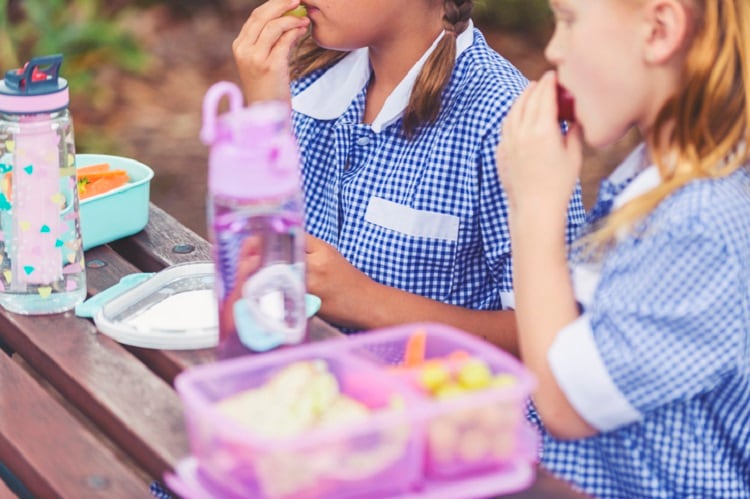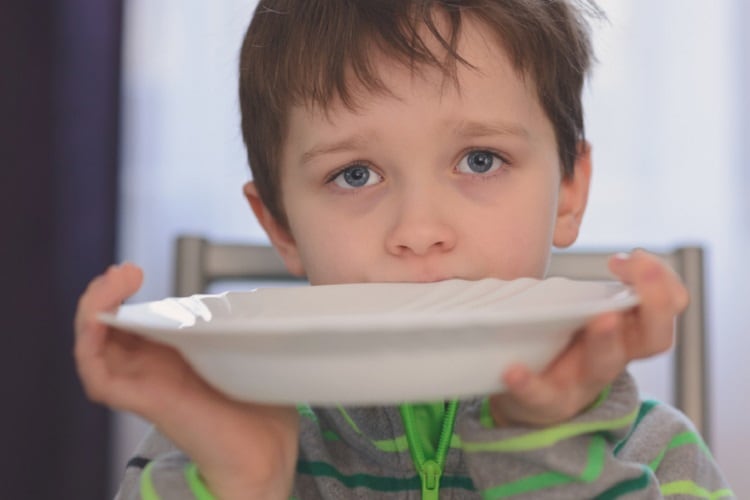Children’s food poverty is on the rise in the UK. According to independent think tank the Food Foundation, one in four children who do not receive free school meals, cannot afford to buy lunch.
The Food Foundation is leading a parliamentary inquest into children’s food poverty in the UK with the aim of offering young people a platform to share their experiences, and to inform the government on potential future policy.
“It’s unacceptable that 10% of children under 15 live in severely food insecure households – making the UK the worst in Europe for food security – and that the most disadvantaged suffer its consequences so disproportionately, with childhood obesity rates in the UK’s most deprived areas more than double as high as their wealthiest counterparts,” said the Food Foundation’s executive director, Anna Taylor.
“I hope that the Inquiry will draw the Government’s attention to this very serious problem, which is much more prevalent than first thought. We need serious action from the Government if they want to ensure that future generations will grow up healthy” – Sharon Hodgson MP, chair of the Children’s Future Food Inquiry committee
Today (17 January 2019) a group of young people aged between 10 and 20-years-old will meet with MPs to present a report detailing their own experiences of food poverty, and suggestions on how policymakers can help combat malnourishment in schools. The Inquiry recommendations are due to be published in April 2019.
According to Taylor, industry also plays a role in addressing children’s food poverty in the UK.
‘Make healthier options cheaper’
Industry must ensure that healthier options are always cheaper than unhealthy options, Taylor told FoodNavigator: “It needs to be the norm.”
The Food Foundation director cited Tesco’s Little Helps for Healthier Living initiative – which promotes ‘health months’ throughout their stores and online – as a step in the right direction.
Little Helps for Healthier Living helps customers to make ‘little swaps’ for products containing less sugar, fat or salt that the regular alternatives. For a one-month period, Tesco also reduces prices of fruit and vegetables, places fresh fruit at checkouts, and facilitates in store health checks in partnership with Diabetes UK and the British Heart Foundation.
The campaign has also had an impact on Tesco-branded products. “It has already removed over 8,000 tonnes of sugar, fat and salt across a range of 2,000 products including breakfast cereals, yoghurts, and ready-made meals through the ongoing reformulation of its own label products,” said the supermarket in a statement.
The Food Foundation’s Taylor told this publication that industry can do more, however: “We need much more of this.”
Revised marketing strategies
The advertising and marketing of unhealthy foods that target young populations have been the focus on much debate in Europe of late.
In Germany, states representatives have put pressure on the federal government to bar unhealthy foods marketing to children and young people. In the UK, the government has proposed a ban on the promotion of unhealthy foods, including foods that are high in sugar, salt or fat, at checkouts – as part of its childhood obesity plan.
Taylor has also spoken out against the marketing of certain foods. “[Industry must] get rid of all marketing to children of products which are unhealthy, starting with those high in fat, salt or sugar,” she told us.

Instead, companies should concentrate their children-focused marketing activity on products that form part of a healthy diet, she continued.
“This should cover all forms of marketing including packaging. Our report shows disadvantaged kids are fed up with unhealthy foods being pushed at them.”
This is not just a problem for the food industry, Taylor emphasised. “A major cause of the problem is low incomes and poverty, which needs to be addressed by government.”





